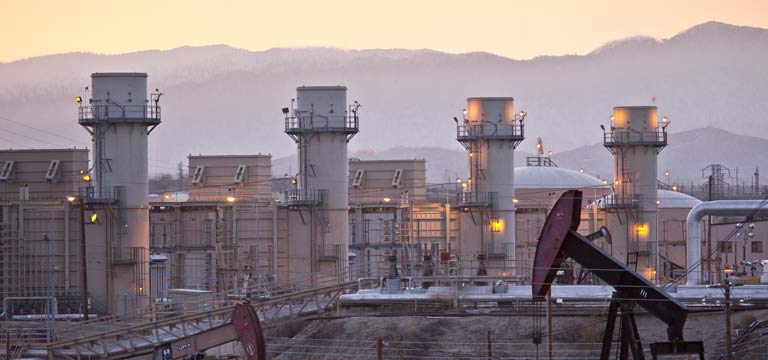It is believed that heavy oil is produced in much less quantity in comparison to conventional light oil. Massive heavy oil reserves have been the focus of much attention in recent years and played an important role in meeting growing energy needs.
Heavy oil has a higher viscosity than conventional light oil and higher specific gravity. It also has lower hydrogen/carbon ratios and higher levels of nitrogen, heavy metals, sulfur, and asphaltene. This makes it difficult to produce under normal reservoir conditions.
Oil recovery factors for conventional methods (primary and secondary) are extremely low. To increase heavy oil recovery, new technologies and methods are constantly being developed. In this context, you can hire the best oil recovery services company via https://benzoil.com.au/services/oil-recovery/.

Image Source Google
This special issue aims to collect original research and review articles that contribute significantly to the enhanced oil recovery field. We are looking for comprehensive reviews, field studies, experimental evaluations, numerical simulators, and numerical simulations related to enhanced heavy oil recovery.
These are just some of the potential topics:
Enhanced oil recovery mechanisms of heavy oil from reservoirs.
Enhanced oil recovery in Post-CHOPS (Cold Heavy Oil Production with Sand)
Thermal methods for enhanced heavy oil recovery
Chemical methods for enhanced heavy oil recovery
Methods that use solvent-based techniques to increase heavy oil recovery
Hybrid methods to increase heavy oil recovery
Simulation and modeling of heavy oil reservoirs
Mechanisms of foamy oil in enhanced heavy oil recovery
Advanced materials can be used to enhance heavy oil recovery